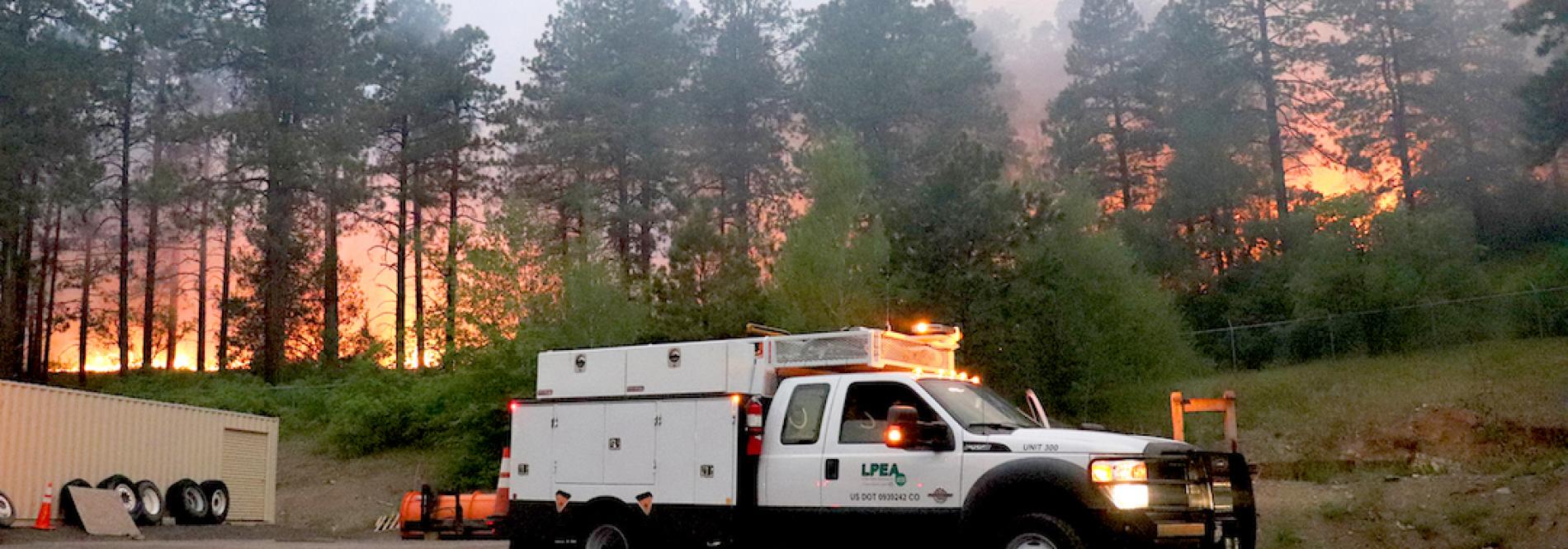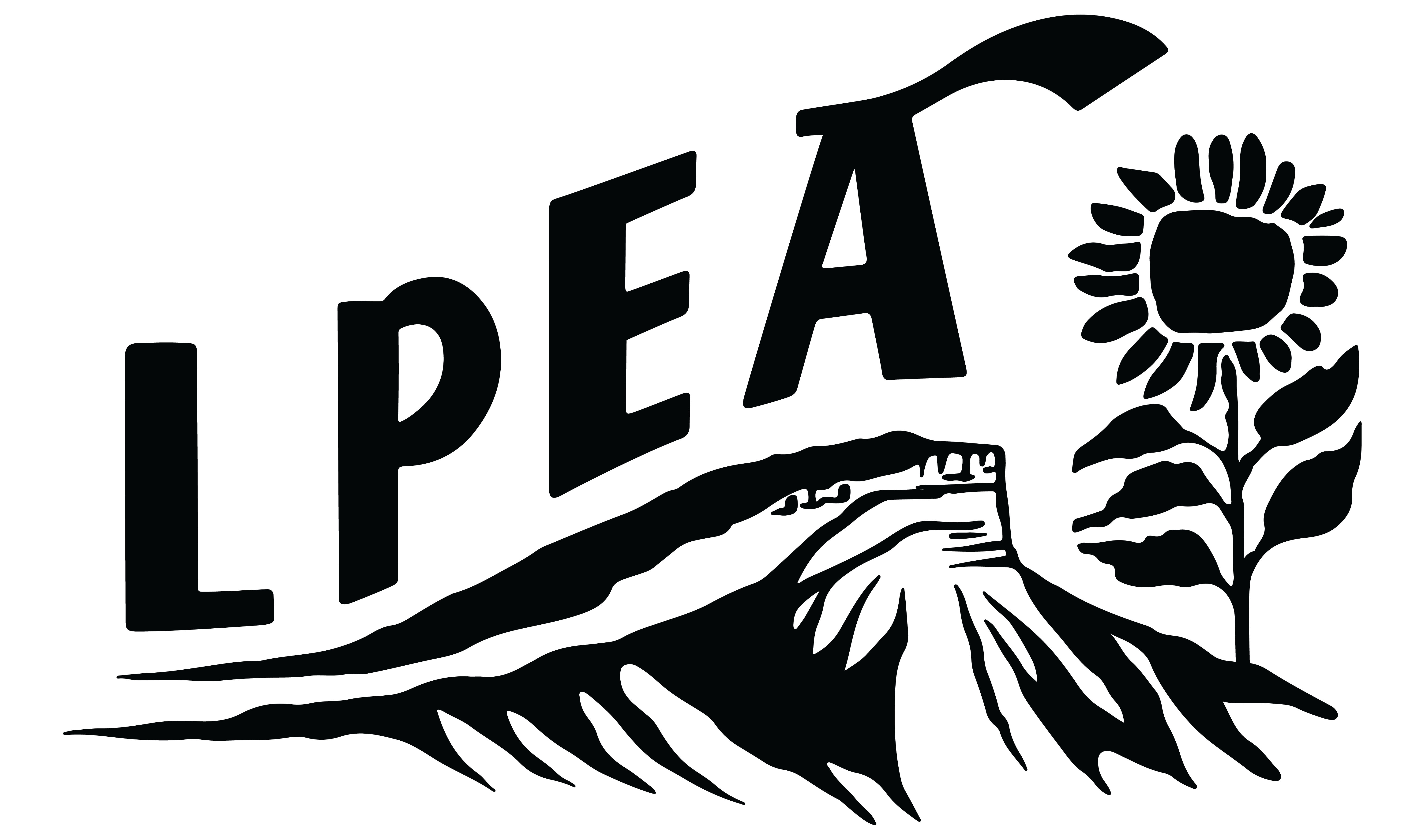
Fire season is here in Southwest Colorado, and LPEA is hard at work ensuring we do our part to reduce fire risks in the months ahead. Below are five measures we’re taking, and three measures you can take, to help prevent wildfires.
What we do
-
Line inspection/maintenance – We visually inspect a third of our nearly 3,750 miles of line each year to ensure equipment is updated and working properly.
-
Raptor protection – We aim to install raptor protection devices on all LPEA infrastructure by 2025. This not only reduces outages, but it also protects birds, squirrels, raccoons, bears, etc., saving their lives and preventing fires which may have been caused by their electrocution.
-
Vegetation management – We clear weeds, brush, and trees near LPEA’s infrastructure regularly. Tree trimmers rotate through our more than 2,000 miles of overhead line one circuit at a time.
-
High risk/red flag days – LPEA constantly monitors the weather from our dispatch center. On holiday weekends and red flag warning days, more linemen are placed on call for quicker response times.
-
Education – Many people are unaware of the dangers and hazards of electricity. LPEA offers table-top electric safety demonstrations for children, and an Arc Demo electric safety demonstration for older kids and adults, including first responders. If you’d like to book a demonstration for your class, group, or organization, please contact Jeannie Bennett at jbennett@lpea.coop.
What you can do
-
Clear your own brush – The Wildfire Adapted Partnership’s (WAP) 2021 Chipper Rebate Program is open until September 30th, or until funds are depleted. WAP reimburses homeowners 50% of their chipper use expenses, up to $250 per household. HOAs or communities that rent chippers or hire contractors to provide chipping services may also qualify for a 50% rebate of up to $750. More: chipper@wildfireadapted.org
-
Assess your risk – WAP also offers a Home Wildfire Site Visit, to determine your property’s wildfire risk, and to propose mitigative efforts. More: wildfireadapted.org
-
Research resources – Take advantage of city and county offerings for free, or low cost, trash, and brush removal. Contact your city/county office for more details.
